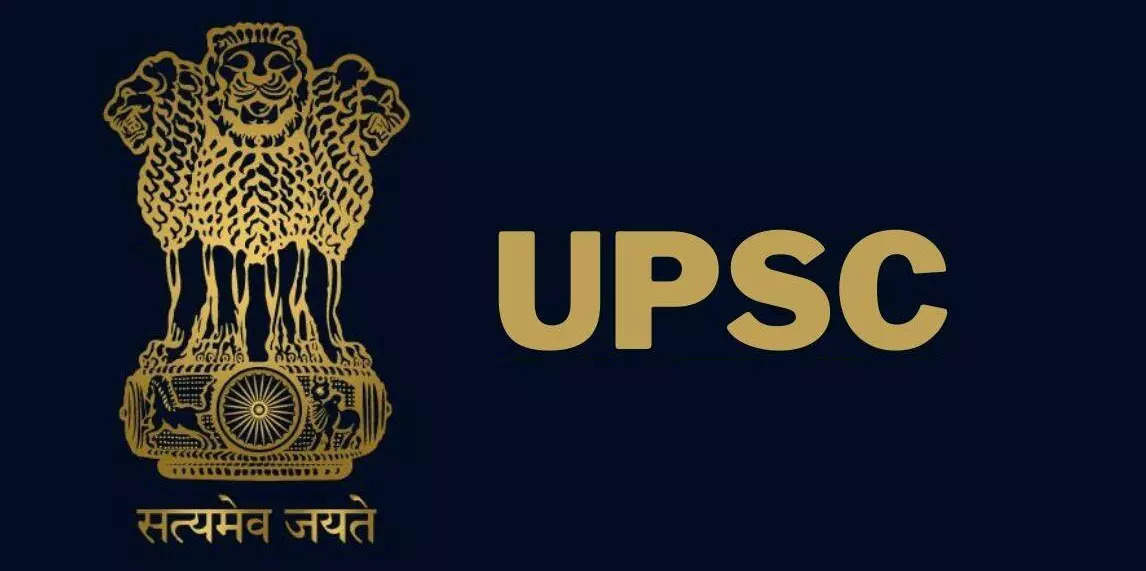Becoming an IAS officer remains one of the most sought-after career options for Indians. However, the path to this goal demands unwavering dedication, rigorous preparation, and a deep-rooted commitment as aspiring candidates need to qualify the UPSC Civil Services Examination, a tough nut to crack. It is structured into three segments: Prelims, Mains and a personality test consisting of personal interviews and group discussions.
The UPSC Mains is usually held in the month of September or October. The exact dates are announced by the Union Public Service Commission (UPSC) in their notification on the official website https://upsc.gov.in/whats-new. Out of the nine papers in the Mains, four are part of General Studies which consist of Polity and Governance, History of India and Indian National Movement, Geography of India, Science and Technology, 250 marks each.
NCERT books: The secret to success
These books are considered to be the best options for aspiring IAS candidates as far as General Studies papers are considered.
History:
The UPSC Mains is usually held in the month of September or October. The exact dates are announced by the Union Public Service Commission (UPSC) in their notification on the official website https://upsc.gov.in/whats-new. Out of the nine papers in the Mains, four are part of General Studies which consist of Polity and Governance, History of India and Indian National Movement, Geography of India, Science and Technology, 250 marks each.
NCERT books: The secret to success
These books are considered to be the best options for aspiring IAS candidates as far as General Studies papers are considered.
History:
- Ancient India and Medieval India, Class XI. While Ancient India explores the roots of Indian civilization, discussing early societies, religions, and cultural achievements, Medieval India focusses on the Middle Ages, looking into kingdoms, art, architecture, and socio-political dynamics of the age.
- Modern India, Class XII. It delves into India’s modern history, from colonial times to post-independence, fostering an understanding of the nation’s transformative journey.
Geography:
- The Earth: Our Habitat, Class VI. It introduces young readers to Earth’s geography, covering landforms, climate, natural resources, and their interactions with human life, promoting a foundational understanding of our environment.
- Fundamentals of Physical Geography, Class XI. This book offers insights into the earth’s physical processes,
- India – Physical Environment, Class XI. It focusses on India’s diverse geography, landscapes, and environmental challenges.
Polity:
- Democratic Politics – I, Class IX. It initiates students into the world of politics, explaining fundamental democratic concepts, institutions, and citizenship, fostering civic awareness.
- Democratic Politics – II, Class X. It delves deeper into politics, discussing power-sharing, federalism, and political parties, nurturing a more sophisticated understanding of democratic governance.
- Indian Constitution at Work, Class XI. It examines the Indian Constitution’s practical applications, analysing its provisions, functioning of government bodies, and key issues related to democracy and governance.
Economics:
- Economics, Class IX. It introduces basic economic concepts, emphasizing everyday life applications. It covers diverse topics like production, consumption, market types, and economic challenges, promoting economic literacy.
- Understanding Economic Development, Class X. It explores economic growth, disparities, and development strategies and delves into sectors like agriculture, industries, and globalization, fostering an understanding of global economics.
- Introductory Macroeconomics, Class XII. It examines national-level economics, discussing concepts like GDP, inflation, and monetary policies.
- Introductory Microeconomics, Class XII. It focusses on individual economic agents, studying consumer behavior, market structures, and more, providing a comprehensive economic foundation.
Why NCERT books?
NCERT books are thorough, well-written, and have been used by many successful UPSC hopefuls in the past. Not only are they a comprehensive source of information, they also cover all the important topics relevant for the UPSC Mains exam.
Here are some of the factors that make the best prep-up options for UPSC Mains General Studies papers.
- They are written in a simple and easy-to-understand language. This makes it easy for candidates to grasp the concepts.
- They are updated regularly. The NCERT syllabus is revised every few years to keep it up-to-date with the latest developments. This ensures that you are learning the latest information that is relevant to the exam.
- They are available in multiple formats. You can find NCERT books in print, online as a PDF document or even as an E-Book (EPUB).
- They are affordable. NCERT books are relatively inexpensive in print, which makes them a great option. Online editions are available as PDFs free of charge from the official
NCERT website .
Click here to download NCERT PDFs for free https://ncert.nic.in/textbook.php?leps2=0-8.
UPSC syllabus changes from time to time. So, it’s best to consult the most recent syllabus and study materials.
Denial of responsibility! Chronicles Live is an automatic aggregator of the all world’s media. In each content, the hyperlink to the primary source is specified. All trademarks belong to their rightful owners, all materials to their authors. If you are the owner of the content and do not want us to publish your materials, please contact us by email – chronicleslive.com. The content will be deleted within 24 hours.


